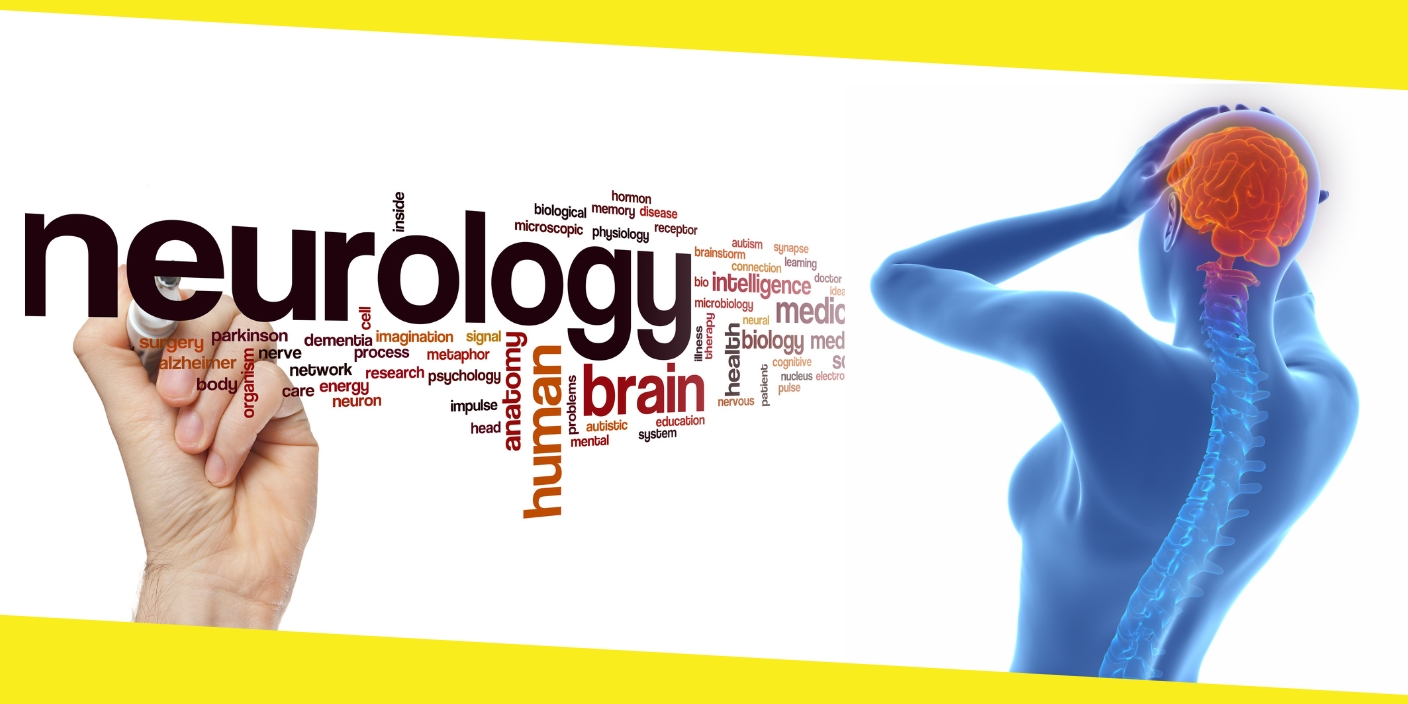5 Conditions Attended in Neurology

Neurology is a medical field that specializes in evaluating, diagnosing, and treating conditions that affect the nervous system. The nervous system involves the central nervous system, which includes your brain and spinal cord, and the peripheral nervous system, which consists of all the nerves. There are over six hundred neurological conditions resulting from different issues like genetic disorders, infections, or brain injuries. You may require general neurology Oxnard services if you experience frequent or severe headaches, muscle weakness, confusion, coordination loss, or paralysis. Some neurological disorders are temporary, while others are permanent. There are many conditions attended in neurology, which include:
1. Headaches
Headaches are the most common neurological condition. There are various headaches, including migraines, cluster headaches, and tension headaches. Consult your doctor if you experience frequent headaches since this could be an indication of other serious conditions. Recurring headaches can result from high blood pressure, infections, tumors, or inflammation of blood vessels around your scalp. Your doctor treats your headache based on its cause.
2. Stroke
A stroke happens when the arteries leading to and within your brain become impaired. More than seven hundred thousand Americans get strokes each year. The stroke symptoms may include blurred vision, trouble speaking, loss of balance, and severe headache. Numbness or weakness on your face, arm, or leg can occur and mostly affect one side of your body. A stroke is a condition that needs emergency care. Your doctor may use medications and lifestyle changes to manage your stroke.
3. Seizures
Seizures occur due to changes in your brain’s electrical activity and affect about one in one-hundred people in the United States. Symptoms of seizures vary based on the severity of your condition. But the common symptoms include loss of consciousness, temporary confusion, uncontrollable jerking movements of your arms and legs, and emotional symptoms like anxiety. Ensure you see your doctor after a seizure, as early treatment can control them and prevent chronic complications like memory loss and brain damage. Most seizures are caused by epilepsy but can also result from lack of sleep, head trauma, high fever, or some medications like antidepressants.
4. Parkinson’s disease
Parkinson’s disease affects your movement. It typically begins around sixty years, and symptoms worsen gradually over time. Constipation, muscle stiffness, reduced smell, stiff face, speech changes, and tremors that mostly start in your hands or fingers are symptoms of Parkinson’s disease. Your doctor can use symptoms and physical examination to diagnose Parkinson’s disease. Medications can help alleviate your symptoms and manage this condition.
5. Dementia
Dementia involves a group of diseases that affects your brain. It causes continuous loss of brain tissue and mostly happens in older adults. Alzheimer’s disease is a common condition in this category. Behavior change, memory loss, emotions, and perceptions are the main symptoms of dementia. Dementia is incurable, but medications and therapies can help manage your symptoms. You can also join support groups to help you cope with living with dementia.
Neurology is a medical field that specializes in diagnosing and treating conditions that affect your nervous system. Common neurological disorders include headaches, stroke, dementia, seizures, and Parkinson’s disease. Schedule an appointment at Link Neuroscience Institute for neurology services to manage your nervous system conditions.
Recommended For You
Why a VAT Statement Is Necessary for Your Business?
Most Inside
Most Inside offers high-quality recommendations and valuable updates to enhance all aspects of your life, providing premium guidance and enriching experiences.




